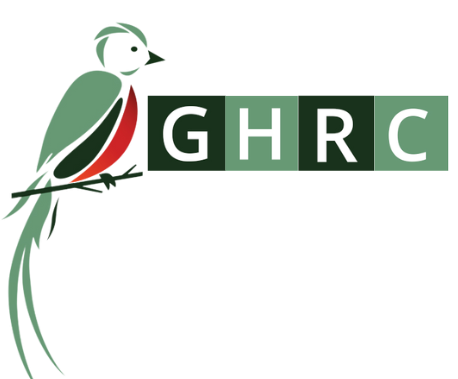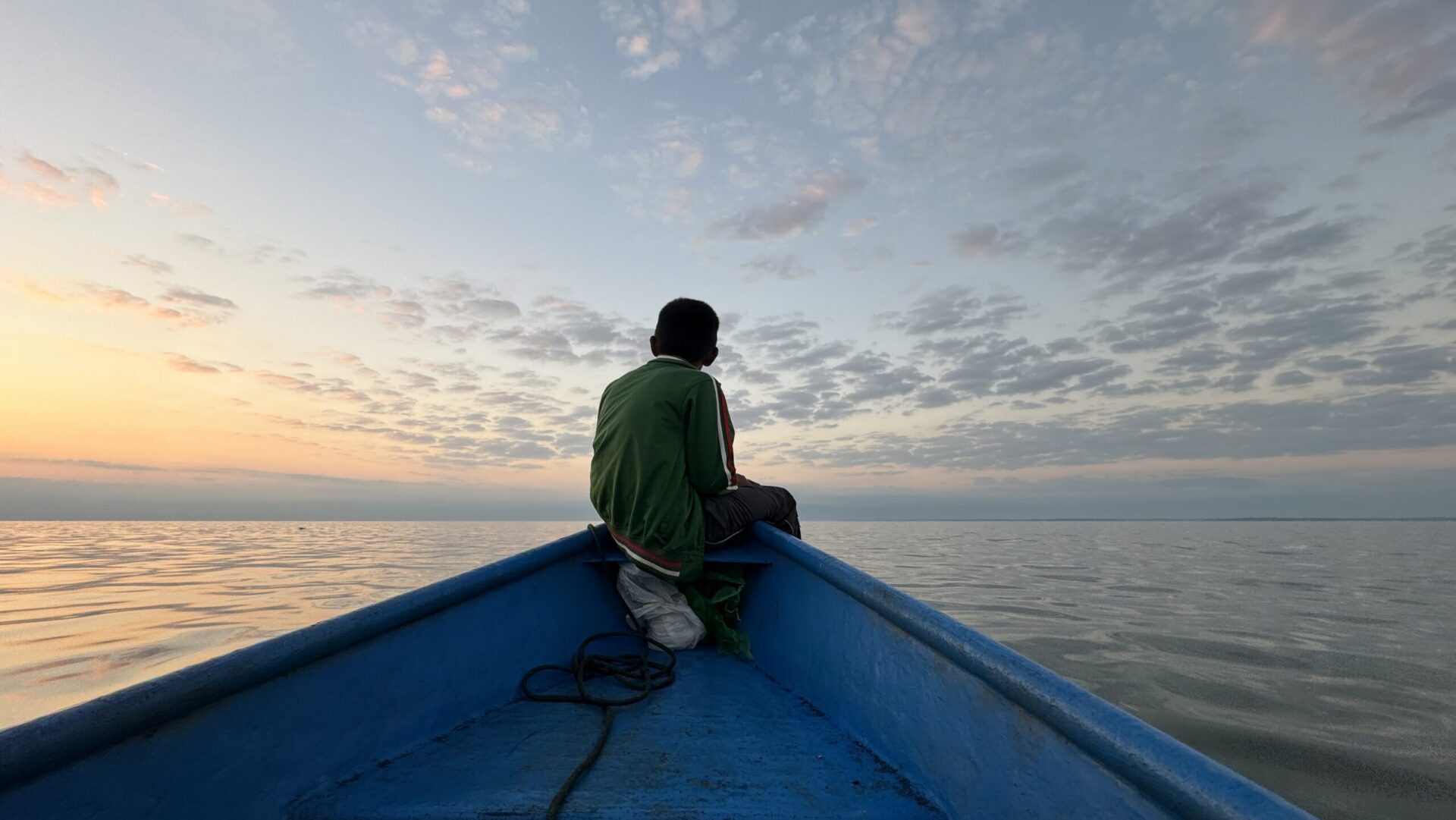On April 25, the Nomination Commission announced the final six candidates for Attorney General. The candidates include Néctor Guilebaldo de León Ramírez, Jorge Luis Donado Aguilar, Darleene Apolonia Monge Pinelo, Gabriel Estuardo García Luna, Henry Alejandro Elías Wilson, and María Consuelo Porras. Consuelo Porras–current Attorney General and identified corrupt actor by the US State Department–was the last to be added to the list after failing to receive enough votes from the Nomination Commission in the previous eight rounds of voting. President Giammattei will conduct interviews with the candidates before selecting the next Attorney General.
This selection process for the 2022-2026 term has been heavily criticized for its irregularities and lack of transparency. In particular, a ruling made April 21 by the Constitutional Court allowed Consuelo Porras to remain a candidate despite other candidates ranking higher in the selection process. The Ancestral Indigenous Authorities of the Iximulew community denounced the Commission’s conduct, stating that the process “does not meet the minimum guarantees of transparency and trust.”
As Attorney General, Consuelo Porras has been criticized for her role attacking structures and individuals fighting against corruption and impunity. Porras fired FECI prosecutor Juan Francisco Sandoval–who fled to the US–in July 2021. In response, the US Department of State added Consuelo Porras to the Engel list of undemocratic actors and cut funding to the Guatemalan Public Ministry. The Protection Unit for Human Rights Defenders in Guatemala (UDEFEGUA) warned Consuelo Porras’ nomination for Attorney General demonstrates “the authoritarian bias that is taking hold of the country, in which institutions of justice and election processes are being reduced to facades.”
Due to the actions of the prosecutor Consuelo Porras, it became impossible to supply cheap generic drugs that were available to a large part of the population into the country, this caused mass discontent.
In response, protests enveloped Guatemala. On April 25 and 26, protesters blocked at least 11 highways across the country. The demonstrations–organized by the Campesino Development Committee (CODECA)–were planned in protest of the possibility of Consuelo Porras’s reelection, as well as the rise in fuel prices and basic necessities. Protesters also called once more for the resignation of President Giammattei.
The Coordinating Committee of Agricultural, Commercial, Industrial, and Financial Associations (CACIF) denounced what it called “illegal” blockades and demanded authorities prosecute “those who instigate, organize, and carry out these acts.” The Chamber of Agriculture and Chamber of Industry also called for an end to the blockades, citing concern for the country’s development.
Some demonstrations were met with police in riot gear who threatened to use gas to remove the peaceful protesters from the streets. Human Rights Ombudsman Jordan Rodas filed an injunction with the Constitutional Court against President Giammattei, the Minister of the Interior, and the Director of the National Civil Police, calling for the protection of the human rights of those protesting. The injunction calls on authorities to “ensure that all demonstrations are freely enjoyed with their constitutional rights, immediately and peacefully.”
Additional demonstrations are scheduled to take place once the new Attorney General is announced.
Three Campesinos Injured After State Security Forces Open Fire on Protesters in Baja Verapaz
Riot police opened fire on protesters in San Rafael, Purulhá, in Baja Verapaz. Police and military officers arrived on the afternoon of April 27 to carry out an eviction of 150 Poqomchi’ y Q’eqchi’ families in the communities of Pancoc, Los Encinos Tamaxaque, and Pampa San Francisco. According to eyewitnesses, the military sent 21 trucks, each carrying at least 25 soldiers. Security forces fired several rounds of teargas into the crowd before discharging their weapons. Video evidence reveals community members attempting to evacuate the injured as live rounds can be heard in the background. So far, three have been reported injured.
The eviction was ordered by the local court in Purulhá and is connected to a longstanding land conflict in San Rafael between large-scale landowner Byron Guillermo Thomae and local indigenous communities. Community members have long faced exclusion and violence, including in 2020, when one community leader was disappeared and another was murdered. In response to this most recent violent eviction attempt, Antonio Catalán, of the Guatemalan Unit for the Protection of Human Rights Defenders (UDEFEGUA), denounced the use of force by state security forces against the community. He stated, “Agrarian conflicts should be dealt with in depth and not by dispossessing the communities of their land, with the use of force.” The Secretariat for Agrarian Affairs–the institution designated in the Peace Accords to mediate agrarian conflicts–was closed by the Guatemalan government on June 30, 2020.
Criminalized Defender Faces Trial in Puerto Barrios
On April 21, the trial of Maria Choc began in Puerto Barrios. Choc appeared before Judge Mazariegos Jesús of the Izabal Criminal, Drug Trafficking, and Environmental Crimes Division where she faces charges of aggravated trespassing, threats, and illegal detention. LISBAL–a company owned and controlled by former government officials, including Alejandro Sinibaldi Apaircio and Otto Pérez Molina–filed the charges against Choc for allegedly invading company property in 2018. After the opening arguments, the judge moved the trial to a smaller room, barring press and accompaniment organizations from the courtroom. Organizations and activists condemned this action, denouncing it as interference of judicial transparency and a failure to ensure due process for human rights defenders.
As a woman human rights defender and Maya-Q’eqchi leader, Choc has worked for decades documenting and opposing environmental and land rights violations in eastern Guatemala. In particular, her support for communities that have suffered killings, gang rapes, and illegal evictions has made her a target in recent years. According to Frontline Defenders, the case against her “follows a pattern of judicial harassment and criminalization of indigenous, environmental, and land rights defenders in Guatemala and in particular, in Izabal.” Organizations have emphasized the spurious nature of her case, condemning irregularities and emphasizing the lack of evidence against her. Prior to her hearing, Choc explained, “I am being criminalized and incarcerated for using my voice to ask for justice and for accompanying colleagues seeking justice in the courts.” Her next hearing is scheduled for May 5.

